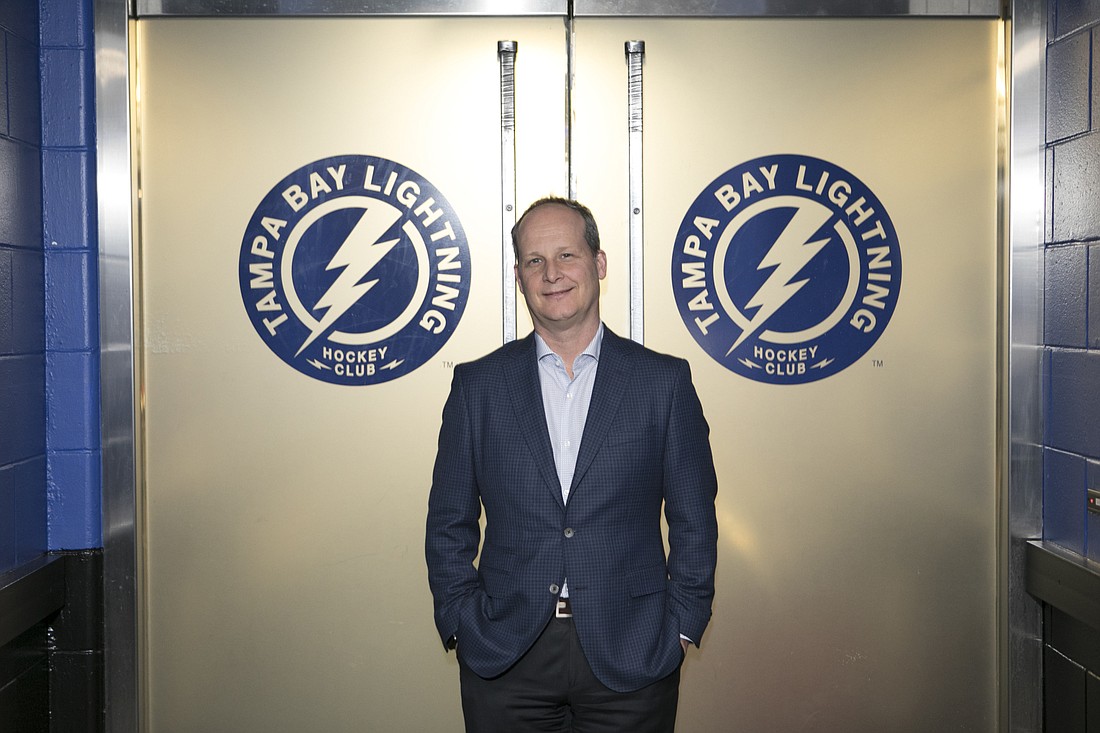- December 13, 2025
-
-
Loading

Loading

Growing up in Canada, Steve Griggs put on his first ice skates at 3 years old. By age 4, he was playing organized hockey. All of his childhood, he dreamed of playing in the National Hockey League.
Fast-forward to today and the now 50-year-old Griggs may not have accomplished that dream. But he managed to find a way to stay close to the ice.
Griggs remembers telling his wife about his second big dream, when he was 22 years old, to one day become president of a hockey team. Griggs has accomplished that — and more. He’s the CEO of the Tampa Bay Lightning, Amalie Arena in Tampa, the Tampa Bay Storm Arena Football League team and Tampa Bay Entertainment Properties.